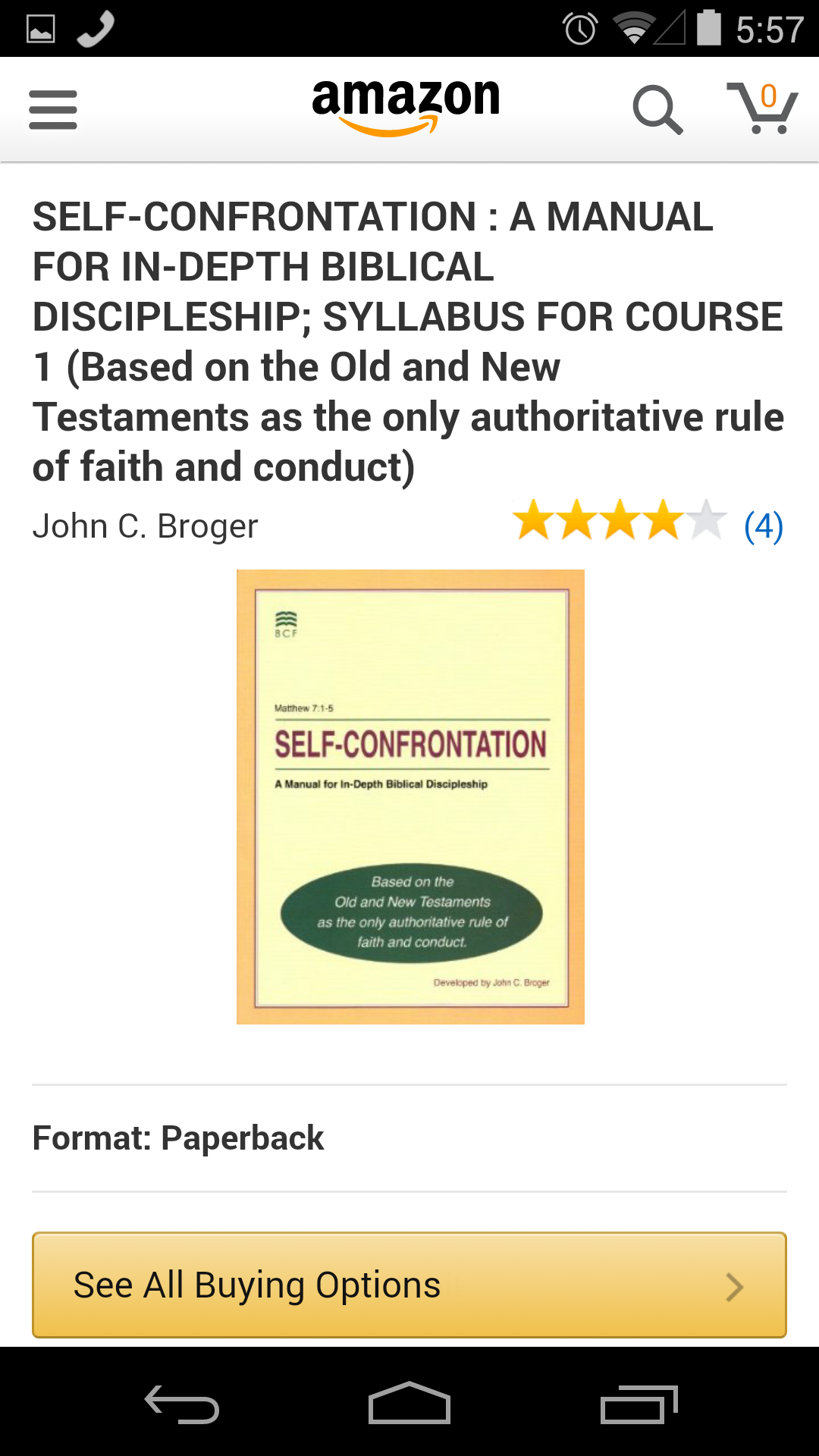You might not have noticed, but the world has been rocked ever since…
BECAUSE the Christmas story has been told so often for so long, it’s easy even for Christians to forget how revolutionary Jesus’ birth was. The idea that God would become human and dwell among us, in circumstances both humble and humiliating, shattered previous assumptions. It was through this story of divine enfleshment that much of our humanistic tradition was born.
For most Christians, the incarnation — the belief that God, in the person of Jesus, walked in our midst — is history’s hinge point. The incarnation’s most common theological take-away relates to the doctrine of redemption: the belief that salvation is made possible by the sinless life and atoning death of Jesus. But there are other, less familiar aspects of Jesus’ earthly pilgrimage that are profoundly important.
One of them was rejecting the Platonic belief that the material world was evil. In Plato’s dualism, there was a dramatic disjuncture between ideal forms and actual bodies, between the physical and the spiritual worlds. According to Plato, what we perceive with our senses is illusory, a distorted shadow of reality. Hence philosophy’s most famous imagery — Plato’s shadow on the cave — where those in the cave mistook the shadows for real people and named them.
This Platonic view had considerable influence in the early church, but that influence faded because it was in tension with Christianity’s deepest teachings. In the Hebrew Bible, for example, God declares creation to be good — and Jesus, having entered the world, ratified that judgment. The incarnation attests to the existence of the physical, material world. Our life experiences are real, not shadows. The incarnation affirms the delight we take in earthly beauty and our obligation to care for God’s creation. This was a dramatic overturning of ancient thought.
The incarnation also reveals that the divine principle governing the universe is a radical commitment to the dignity and worth of every person, since we are created in the divine image.
But just as basic is the notion that we have value because God values us. Steve Hayner, a theologian who died earlier this year, illustrated this point to me when he observed that gold is valuable not because there is something about gold that is intrinsically of great worth but because someone values it. Similarly, human beings have worth because we are valued by God, who took on flesh, entered our world, and shared our experiences — love, joy, compassion and intimate friendships; anger, sorrow, suffering and tears. For Christians, God is not distant or detached; he is a God of wounds. All of this elevated the human experience and laid the groundwork for the ideas of individual dignity and inalienable rights.
In his book “A Brief History of Thought,” the secular humanist and French philosopher Luc Ferry writes that in contrast with the Greek understanding of humanity, “Christianity was to introduce the notion that humanity was fundamentally identical, that men were equal in dignity — an unprecedented idea at the time, and one to which our world owes its entire democratic inheritance.”
Indeed, Jesus’ Sermon on the Mount (blessed are the poor in spirit and the pure in heart, the meek and the merciful), his touching of lepers, and his association with outcasts and sinners were fundamentally at odds with the way the Greek and Roman worlds viewed life, where social status was everything.
“Christianity placed charity at the center of its spiritual life as no pagan cult ever had,” according to the theologian David Bentley Hart, “and raised the care of widows, orphans, the sick, the imprisoned, and the poor to the level of the highest of religious obligations.” Christianity played a key role in ending slavery and segregation. Today Christians are taking the lead against human trafficking and on behalf of unborn life. They maintain countless hospitals, hospices and orphanages around the world.
We moderns assume that compassion for the poor and marginalized is natural and universal. But actually we think in this humanistic manner in large measure because of Christianity. What Christianity did, my friend the Rev. Karel Coppock once told me, is to “transform our way of thinking about the poor and sick and create an entirely different cultural given.”
One other effect of the incarnation: It helps those of us of the Christian faith to avoid turning God into an abstract set of principles. Accounts of how Jesus interacted in this messy, complicated, broken world, through actions that stunned the people of his time, allow us to learn compassion in ways that being handed a moral rule book never could.
For one thing, rule books can’t shed tears or express love; human beings do. Seeing how Jesus dealt with the religious authorities of his day (often harshly) and the sinners and outcasts of his day (often tenderly and respectfully) adds texture and subtlety to human relationships that we could never gain otherwise.
Christians have often fallen short of what followers of Jesus are called to be. We have seen this in the Crusades, religious wars and bigotry; in opposition to science, in the way critical thought is discouraged and in harsh judgmentalism. To this day, many professing Christians embody the antithesis of grace.
We Christians would do well to remind ourselves of the true meaning of the incarnation. We are part of a great drama that God has chosen to be a participant in, not in the role of a conquering king but as a suffering servant, not with the intention to condemn the world but to redeem it. He saw the inestimable worth of human life, regardless of social status, wealth and worldly achievements, intelligence or national origin. So should we.
–Peter Wehner, a senior fellow at the Ethics and Public Policy Center, served in the last three Republican administrations and is a contributing opinion writer. A version of this op-ed appears in print on December 25, 2015, on page A27 of the New York edition with the headline: The Christmas Revolution.






